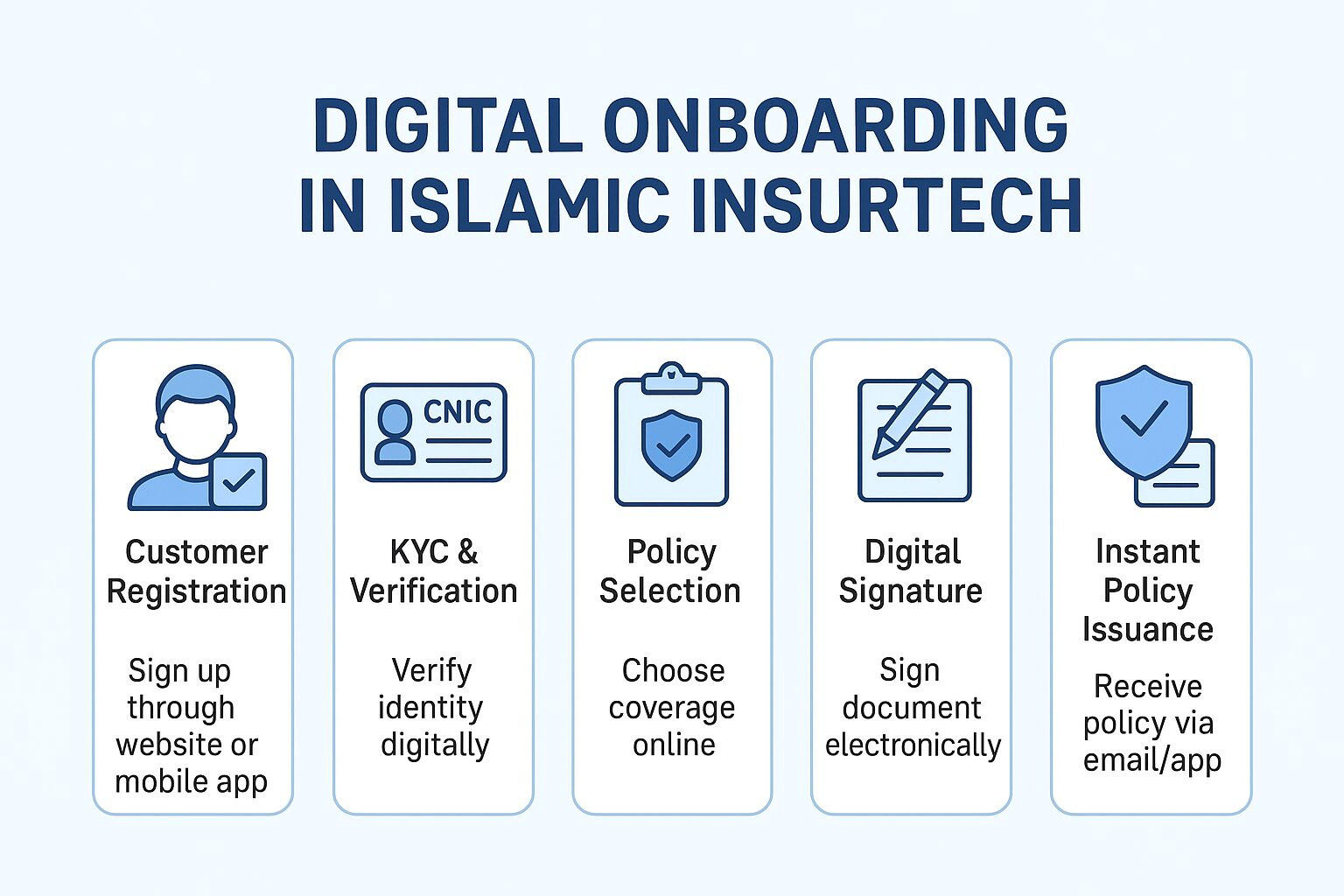Role of Technology in Insurance Sector of Pakistan:
Pakistan’s first cloud-based EMR/PMS is Zong’s CloudClinik. This mobile network’s major healthcare offering lets doctors and hospital administrators manage and organize clinical data in the cloud for free. Paper medical records limit patient-doctor communication in most medical facilities. These are a few of Zong’s CloudClinik’s key features (Mohsin, 2017).
Amazon is expanding cloud computing in Pakistan into influencing government policies. The SBP’s Framework on IT Governance and Risk Management in Financial Institutions recommends cloud computing for banks with Pakistan-based physical servers, systems, and service providers like AWS. This technology powers the cashless medical claims. This coverage lets poor people get medical care without paying upfront, which could save their lives.
Well-designed software handles data, identifies customers, and saves information for health insurance products (Manuel & Martin, 2022). Karachi and Lahore have PTCL data centers. Data centers meet TIA 942 and certification standards. PTCL can tailor its BI platform to business needs since cloud-based BI is a new opportunity. PTCL’s production and distribution are cost-effective.
Pakistan’s SLIC (State Life Insurance Company) slows IT implementation. Legacy IT systems run on multiple platforms using obsolete software like SCO Unix, MF Cobol, etc. MIS reporting is redundant and slow. There is no plan to update the staff on IT products/updates. Insurance applications don’t meet industry standards, causing poor customer service (Shaukat et al., 2011).
Pakistan used Alipay’s blockchain technology to process Malaysian remittances with Telenor Microfinance Bank and Valyou efficiently. Cryptocurrency transactions are prohibited (PRI, 2021). Pakistan has two FinTech types. Standard FinTechs source technology from financial services firms. Emergent FinTechs work with or replace banks. Karandaaz Pakistan researched FinTech gaps. Pakistan has 15% financial inclusion, compared to 33% for lower middle-income countries.
Pakistani women own 29% fewer cell phones than men (Maheen, 2021). Salaam Takaful Limited, Pakistan’s first Shariah-compliant InsurTech, is a global leader. This TakafulTech is the first Shari’ah-compliant InsurTech (Tribune, 2021). Pakistan’s digital health and InsurTech leader is BIMA. BIMA employees worked from home due to connection issues during the pandemic.
BIMA uses Jazz’s MIFI devices to boost local insurance and streamline backend operations with micro-insurance. It will also help BIMA Mobile Pakistan increase Jazz customers in Pakistan (Jazz, 2021). The Pakistan Telecommunication Authority, Pakistan Software Exchange Board, and Ministry of IT & Telecom have boosted IT exports in Pakistan (MoIT). Microsoft Azure, Amazon Web Services, and Google Cloud responded. Pakistan’s banking, telecom, insurance, and industrial companies use cloud technology (Baber, 2021).
Pakistan uses blockchain to cut health data and administrative costs. Imran Khan proposed several economical packages for Pakistanis using blockchain technology (Imran, 2020). Blockchain can secure data and record keeping for the transportation and mobility industry. Monitor and share your car’s history (Syed et al., 2020). Pakistan is rapidly adopting InsurTech for insurance operations. Smart devices and sensors enable Millennials to buy insurance directly. Big data and analytics aid underwriting pricing and risk assessment. Data exchange, customer information, and fraud protection. Pakistan’s largest insurers, State Life Insurance offer life, property, fire, liability, guarantee, and social insurance. The SECP approved a tech-based life insurance plan that efficiently tracks policyholders’ health (Imran, 2021).
Pakistan’s First IBM RPA Insurance Implementation by EFU Life. RPA revolutionizes digitization, efficiency, and customer experience (EFU, 2021). Adorsho PraniSheba uses machine learning and AI to identify cattle for insurers and speed up claim settlements (Daily Report, 2022). Blockchain may give Pakistanis more control over personal health data, affecting system delivery. Blockchain simplifies healthcare’s supply chain and administration. It may streamline prior authorization, saving money. Blockchain helps hospitals find errors faster with low hack risk (Imran, 2020).
PLS-SEM has not been used to study Blockchain Technology adoption in Pakistan. Pakistani industries and results suggest Blockchain Technology adoption without production efficiency improvement (Ullah, 2020). One study examines Pakistani HRM’s AI pros and cons. AI-based HR apps may improve employee performance, engagement, retention, turnover, mistakes, time, and decision-making biases. Human resource executives should prepare human resources for AI deployment and address workplace man-machine interactions. AI alone cannot manage HR, but combined with human skills, it can improve HR solutions. AI drives HR success today (Munaza, 2022). FinTech disrupted wealth management. Big data, AI, blockchain, and RegTech will streamline and secure financial markets.






